Infection and Immunity nieuws
Apr 26: Immune cells behave differently in a joint than in the blood
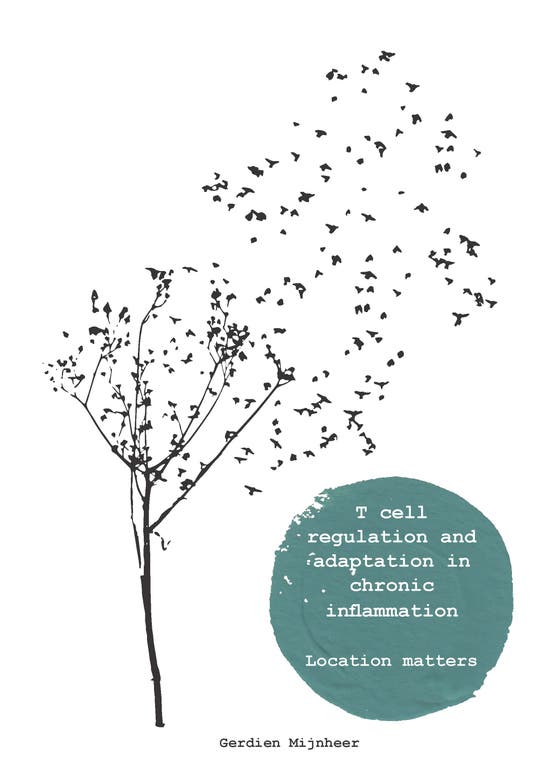
Certain immune cells (the so-called T-cells) that inhibit harmful autoimmune reactions in the joints in healthy people appear to not work well in people with juvenile idiopathic arthritis (JIA), causing joint damage. This is one of the conclusions of the research by Gerdien Mijnheer who obtained her PhD on 18 April in Utrecht.
Read moreApr 17: Childhood infections and long-term health consequences
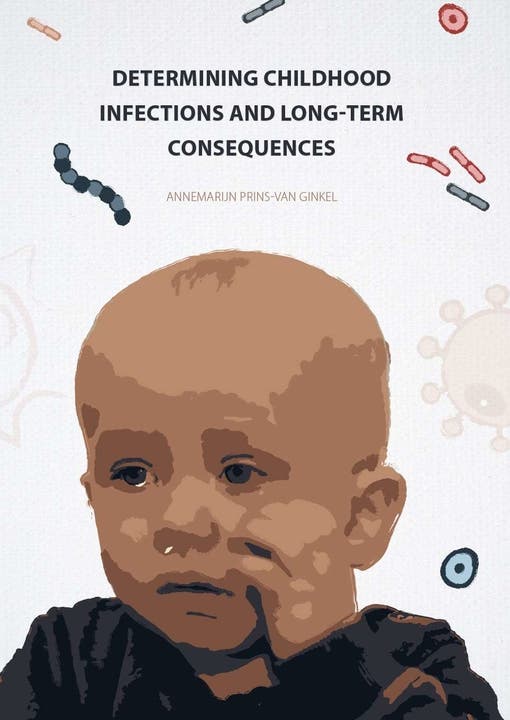
Adolescents who have had many infections as a child may have a greater risk of atherosclerosis. A possible causal relationship should be further investigated, according to Annemarijn Prins-van Ginkel who obtained her PhD on 16 April in Utrecht.
Read moreApr 13: Organizations Join Forces to Create Global Alliance Against Antibiotic Resistance
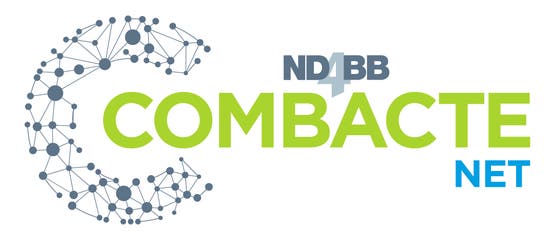
The U.S.-based Antibacterial Resistance Leadership Group (ARLG), part of the Duke Clinical Research Institute (DCRI) and the University Medical Center (UMC) Utrecht, the managing entity of the COMBACTE (Combatting Bacterial Resistance in Europe) consortium, will work together to solidify a comprehensive global community to combat the threat of antibiotic resistance around the world.
Read moreApr 5: Potential target for streptococcal vaccine identified
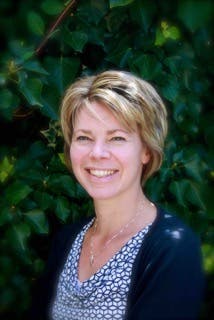
Researchers have identified a new modification - glycerol phosphate - on the surface of the Group A Streptococcus bacterium. This opens up possibilities for developing a vaccine against this pathogen.
Read moreApr 2: T-cell recovery is essential for survival after stem cell transplantation in children
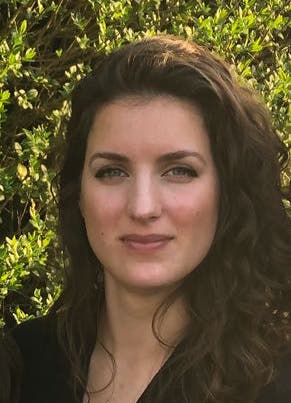
The better and faster the population of certain immune cells (so-called T cells) recovers after a donor stem cell transplant in children, the lowe the risk of serious complications and the higher the chance of survival. These are the striking conclusions of Coco de Koning's research for which she was awarded a PhD in Utrecht last thursday.
Read moreMar 21: Investigator Marianne Boes receives grant for research into lymph node cancer vaccine
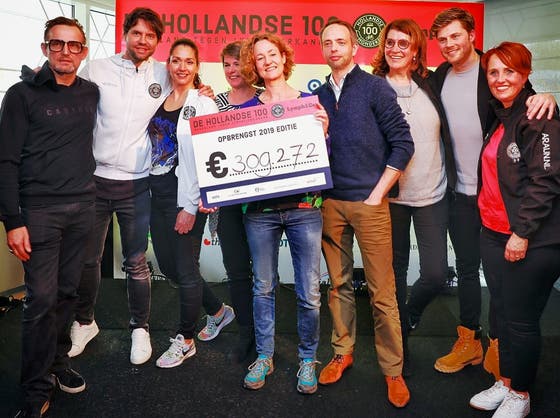
Investigator Marianne Boes from UMC Utrecht received a check of more than 300,000 euros from prince Bernhard van Oranje during the “Hollandse 100”, a sporting event aiming to raise funds for research into lymph node cancer. With the proceeds, Marianne will conduct research into a new form of immune therapy against this disease.
Read moreMar 13: Staphylococcus aureus kills immune cells in a specific way
Staphylococcus aureus produces specific proteins during an infection that can make holes in immune cells, killing them. This weakens the immune system and the bacterium can continue to exercise its harmful work, according to Angelino Tromp, who defended his dissertation in Utrecht on March 12.
Read moreMar 5: Two patients HIV-free after stem cell transplantation
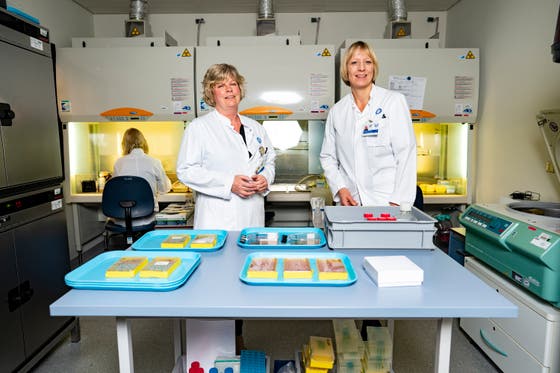
Researchers are one step closer to the cure for HIV. In two patients, the virus could no longer be found after they had stopped virus inhibitors. Both patients were treated for cancer by means of a stem cell transplant. The cells used for this transplant ensure that these patients are now HIV-free.
Read moreFeb 25: Using the body’s own defense to treat hospital infections
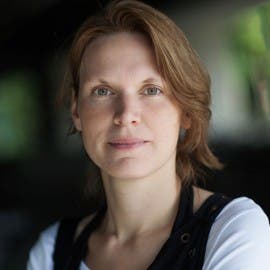
Our immune system protects us through antibodies against pathogenic bacteria. Why does our defense system succeed one time and sometimes not to eliminate such bacteria? That could be related to the functioning of our immune system. Professor of medical microbiology Suzan Rooijakkers investigates this in the hope of developing new immunotherapies that can replace antibiotics. On 22 February she gave her inaugural lecture on this subject.
Read more